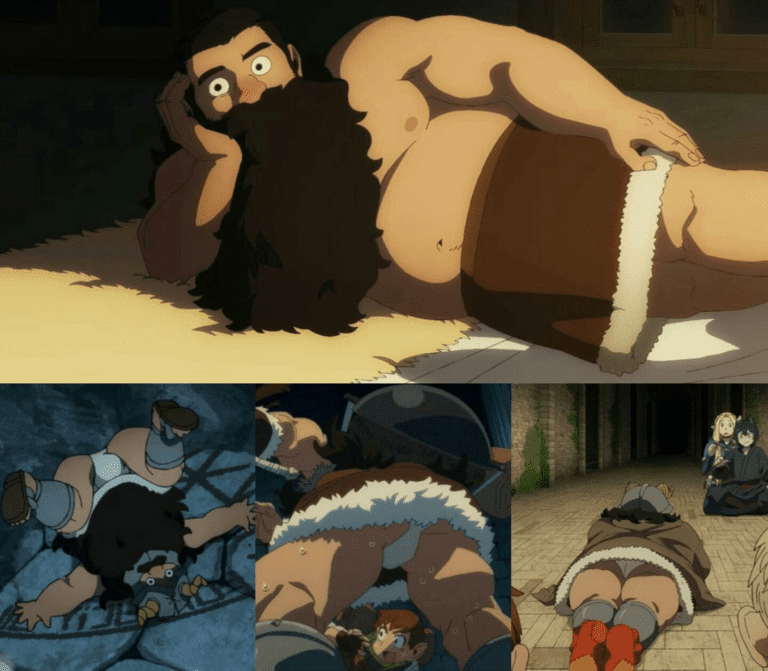During Anime Expo 2024 , the
renowned mangaka Ryoko Kui , creator of the popular
gastronomic fantasy manga series “ Dungeon
Meshi ” , offered an interview to Western media that has
generated a great debate among fans on social networks . . The
conversation, published by ANN, addressed various ridiculous topics such as
'queer shipping', fanservice and theories about neurodivergent characters. However,
while the questions focused on this nonsense to seek controversy, Kui's answers
seemed to deftly avoid it.
In the interview, Kui shared some curious facts that
surprised many followers. For example, he revealed that he is a picky eater,
which is ironic given the culinary focus of his work. Furthermore, he
confessed that he has never participated in a Dungeons & Dragons campaign.
Despite these anecdotes, the mangaka was reserved when it came to discussing
popular theories among fans.
One of the most talked about points in the interview
was the discussion of the main character, Laios Touden, who many fans
interpret as an individual with autism due to his apparent difficulty
understanding social cues and general clumsy behavior. When asked if she had
conceived of Laios as an autistic character, Kui responded that she considers
him a character that most people, including herself, can identify with. In
her words, she sees him as “normal” with “nothing special” about the way he was
written.
©九井諒子・KADOKAWA刊/「ダンジョン飯」製作委員会
He added that not only Laios faces difficulties, but
also other characters like Shuro, highlighting that everyone has their own
problems, and it is not exclusive to a single character. Kui also
addressed the tendency of fandoms to label characters in various ways,
something that is especially common in the West. Although she avoids
doing it herself, she leaves room for fans to interpret the “Dungeon Meshi”
characters in her own way.
Another topic that came up in the interview was that
of the character Senshi , who is often “sexualized” by scenes
where he is shown in his underwear. Kui explained that he does not
consider these scenes as fanservice and clarified that the character was
inspired by a neighbor who used to hang his laundry in his underwear without
worrying about what others thought. This comment underlines that,
although he does not intend to present Senshi as a sexualized character, he
does not condemn those who perceive him that way.
When addressing the relationship between
the characters Marcille and Falin, Kui avoided making strong statements,
highlighting her desire to maintain a healthy distance between herself and the
fandom. She noted that when creating her manga, she
prefers to develop the story differently than what fans expect, since worrying
too much about the audience's reactions could make the plot lose its essence
and fun.
©九井諒子・KADOKAWA刊/「ダンジョン飯」製作委員会
In summary, Ryoko Kui has made it clear
in this interview that she values her autonomy as a creator and prefers to
keep her work faithful to her vision , without being
overly influenced by the expectations of the fandom. This stance has surprised
some of her, but it has also reaffirmed her commitment to the integrity of her
work.
Source: AutomatonMedia












